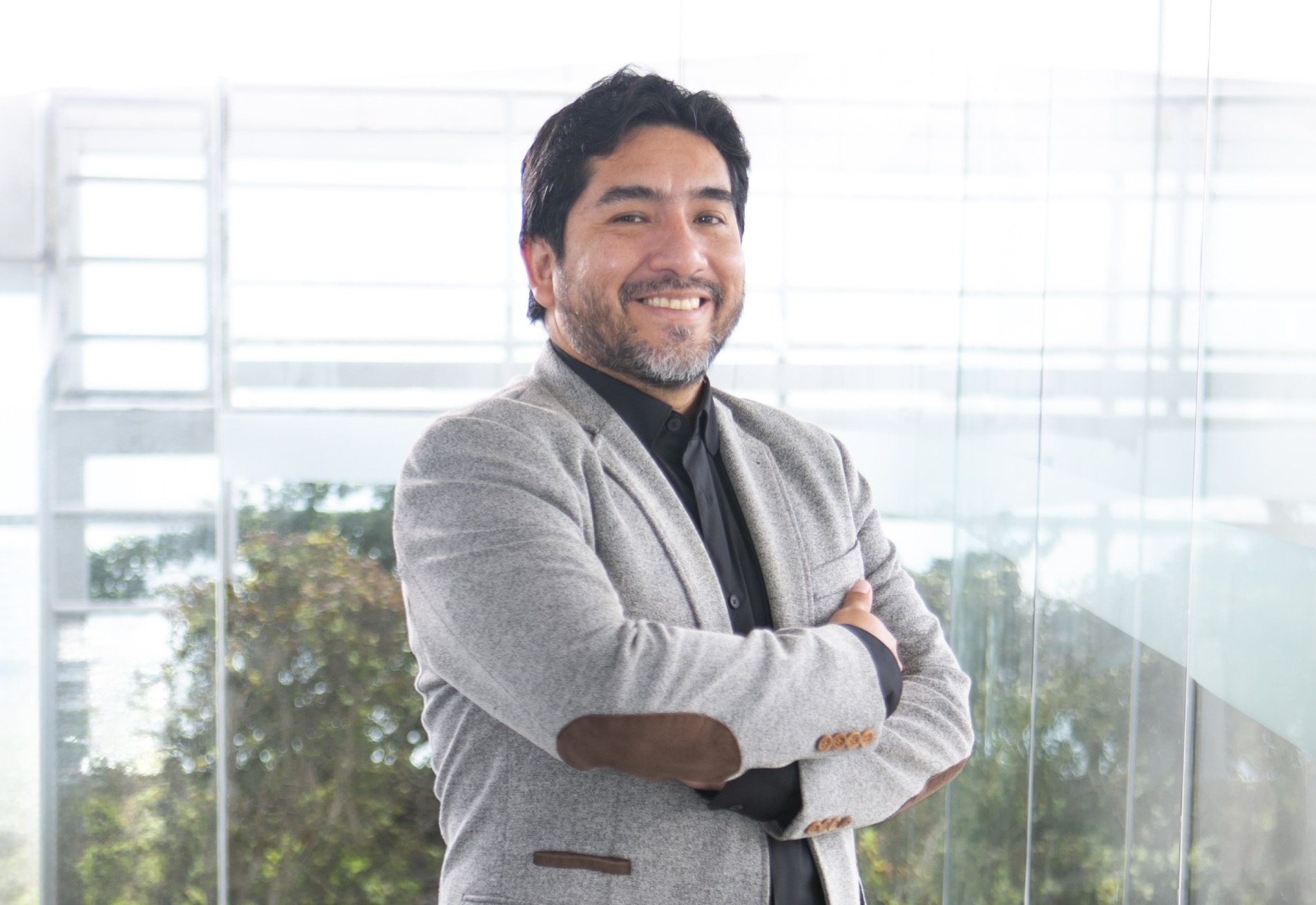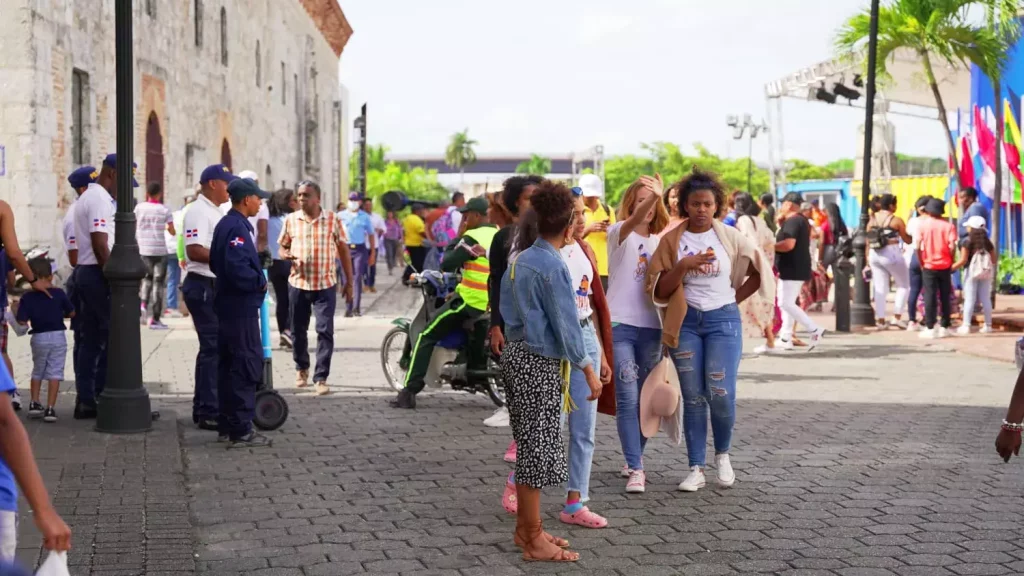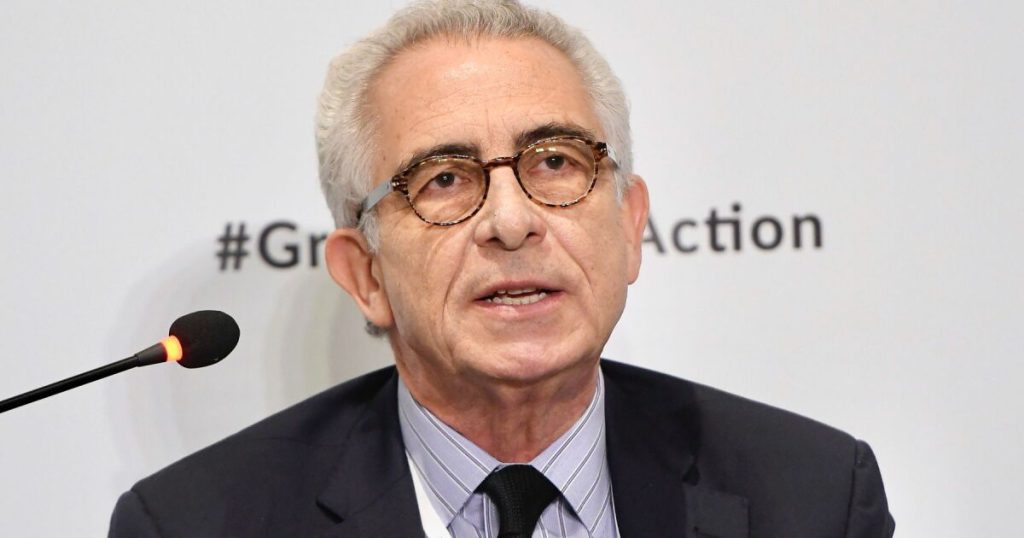With a master’s degree and a doctorate in Political Science from the University of Notre Dame-Indiana, where he received a scholarship after finishing Sociology at PUCP, Carlos Melendez Guerrerolives an unstoppable race to remain current in “that caste.” A demanding league in the world of teaching and research, which is measured by the ability to publish articles in indexed journals, with global reach.
Academic is the most appropriate term to describe his job, “I prefer it to intellectual, which is very pretentious, even if it is fome,” he says in Chilean slang after having lived there for 10 years, working as a professor at the Diego Portales University. In Chile, Meléndez was an exceptional witness to the decline of the university system in the last five years, starting with the free reform, and for this reason he was gradually pointed to Europe where, for now, he is a professor at two universities. : “I have gone from Libertadores to the Champions League,” he says with some pride.
With sharp humor, especially when talking about himself, he explains that the academy does not pay much, that it is made for people who are born into a bourgeois class, with properties under their arms, such as houses and cars, and that this is not the case for him. . That he was always a neighborhood boy—from Zarate—who stood out among hundreds of classmates at the Antenor Orrego state school for his own talents—from mathematics to choreography—and that his parents’ endeavors in Gamarra were inherited by him. true salesman skills, something that he applies even in the field of politics when he proposes consultancies in 50+1 political analysis group, a company that he founded together with his partners to generate work and wealth “in the good sense of the term,” he clarifies and He concludes by saying, “to generate surplus value, as Marx would say.”
So, in this consultancy, as a clairvoyance for Perú21, what does 2025 have in store for us?
Let’s see, as a better survival manual, we have to think that politics is the reflection of society and our society is a highly, structurally and deeply informal one. It means that the relationship that the individual has with the norm is a pragmatic relationship and he will be governed by the norm if it suits him and if it does not suit him he will change it.
We are talking about all political classes, including the ruling class.
The thing is that in Peru informality is no longer just a matter of the lower classes, today informality has money, that is, there are informal bourgeoisies and there are informal upper classes and they all seek access to power. It is a lumpen-bourgeoisie, as Hugo Neira points out, who is the one who ascribes this term, which has access to or seeks to influence politics.
If we talk about Congress, for example, isn’t there a leading group?
No, no politician has the capacity to control all those illegal, informal middle class groups that are seeking to influence politics. That is why while the headlines talk about mafias or alliances, in reality what we are seeing is the influence of different groups of people who practice informal and illegal economic activities that are influencing the regulation to execute and apply those economic activities.
So what is the real threat?
The real threat to democracy does not come from authoritarian elites, perhaps that was before, now they come from the pragmatism of a savage economy. Wild not because he believes in the market alone, but because he breaks the rules. The threat comes from the political elites that represent the lumpen-bourgeoisie.
Does this threat have any face/representative?
It happens that this type of power does not seek to concentrate to execute an authoritarian government, it seeks to fragment power, it wants to weaken the State. It is this fragmentation of power, where the State is so weak that it will not persecute you and you will be able to continue committing crimes. So the non-ideological threat is not Verónika Mendoza, Antauro Humala or Keiko Fujimori, the threat is who finances you.
Is this happening around the planet?
It is happening in several countries, but I think we are seeing it more in Central America, Ecuador and Peru where we will have about 70 candidates in the next elections. A hyperfragmentation that suits the Aragua Train, lumpen mining, smuggling, illegal logging, drug trafficking…
Will it fall Dina Boluarte In the coming months, how is it forecast?
It can happen at any time, but I think that Dina has to set short-term goals and the first one would have to be to reach July 28, after that date people will go into electoral mode. In any case, what is predictable is that these months she will be nervous and make bad decisions to stay in power, prioritizing frivolity instead of being a great transitional president. Whether they remove it or not, at the end of the day nothing is going to change.
In it Congress Who would win the race to replace her?
That is very random, because there are no parties but individuals. You have to calculate the probability of 130.
So will we reach 2026 worried about the presidential candidates?
I think we will arrive with a lot of indifference. We will become more indifferent and less haters, because hate has not borne fruit. After hate, indifference.
DATA
I would tell you that I have done my entire career with the same phrase: “Professor, that’s not how it is.” And the fact is that the academy is dictated, built and reproduced from a class status, from an affluent middle class, but the truth is that Peru is changing from below and when that explodes it enters the social sciences as we are seeing.
I am not involved in a political party, an NGO, nor am I training Peruvian students, but my contribution to public affairs is through consultancies where we discuss issues of national reality with businessmen from Peru.
Take advantage of the NEW EXPERIENCE, receive our enriched digital newspaper by mail and WhatsApp. Peru21 ePaper.
Now available in Yape! Find us at YAPE Promos.
















